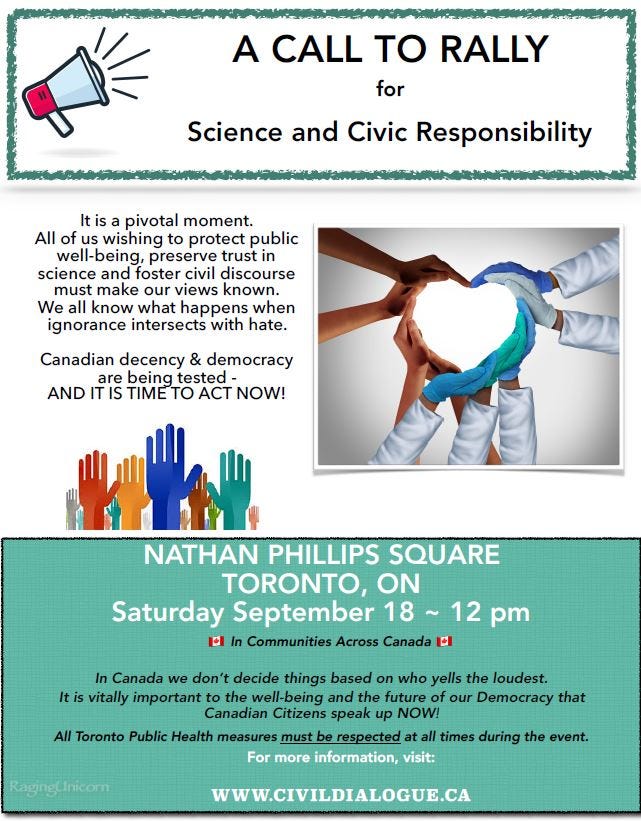Election discourse has become “weaponized,” say civil society organizations
Read why we cannot take the health of our democracy for granted
Disinformation and extremism are threats to the health of our democracy, and require strong government action, finds a new survey of more than 30 prominent Canadian civil society organizations, including PeaceQuest.
Two-thirds of respondents were “very concerned” over the threat of disinformation to the health of Canada’s democracy and over half reported the same level of anxiety over the threat of online extremism. More than 8 in 10 viewed disinformation as a potential barrier to ensuring a fair, accessible, transparent, and accurate election. The informal survey was conducted by the grassroots Civil Dialogue Initiative on the eve of the federal election campaign and through its opening days.
Among the nearly 90% of organizations who said the discourse had become more divisive in the last 5 years, over 70% blamed an unregulated social media landscape. Other factors cited were media concentration or the decline of traditional media sources and the rise of alternative media (65%), disinformation campaigns generally (65%), the election of Donald Trump (59%), and political party focus on appealing to a base of supporters (56%).
“Recognizing the threat of disinformation and extremism – online and increasingly in our streets – and confronting it with policy action is an election issue,” said Christopher Holcroft, founder of the Civil Dialogue Initiative.
Recognizing the threat of disinformation and extremism – online and increasingly in our streets – and confronting it with policy action is an election issue.
Christopher Holcroft
“The responses to this survey should be a reminder to candidates of all political stripes and to all Canadians that we cannot take the health of our democracy for granted – we must advocate for civility, evidence-based policy making, and civic responsibility.”
Read more at civildialogue.ca


